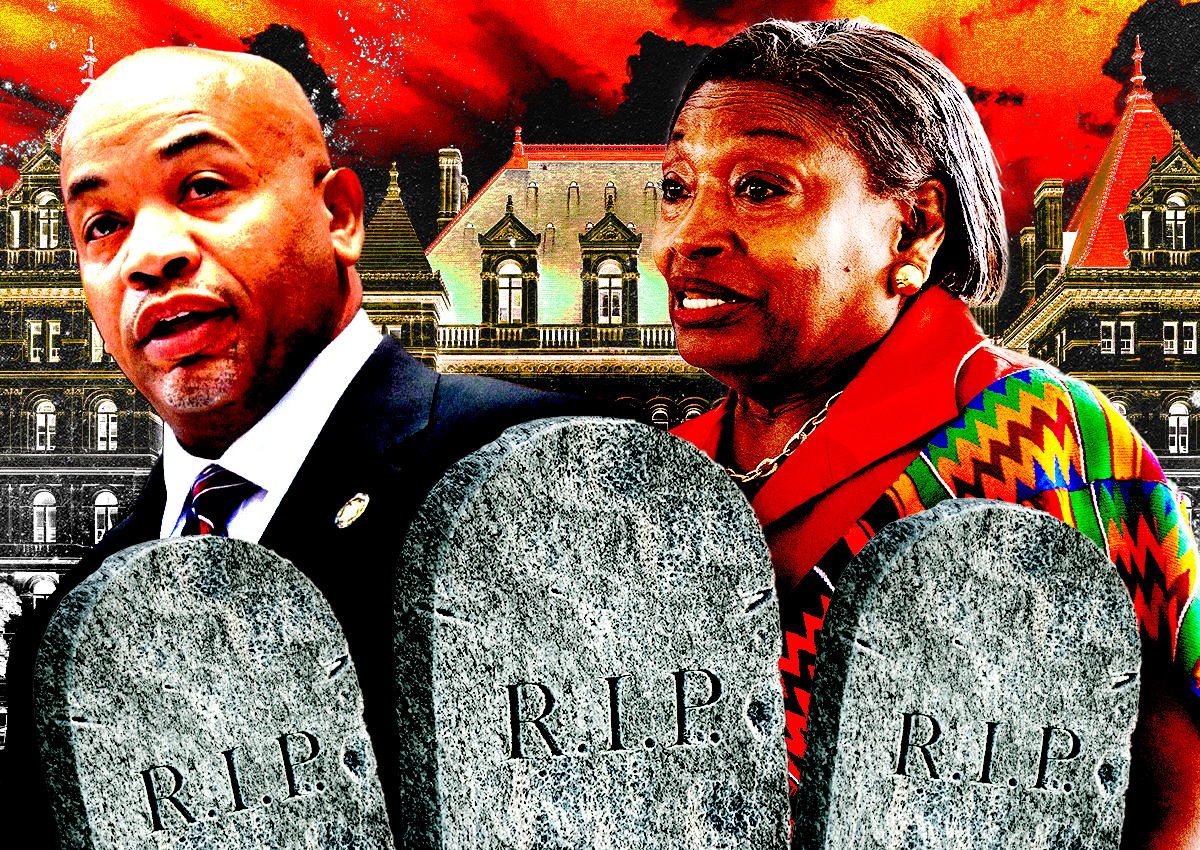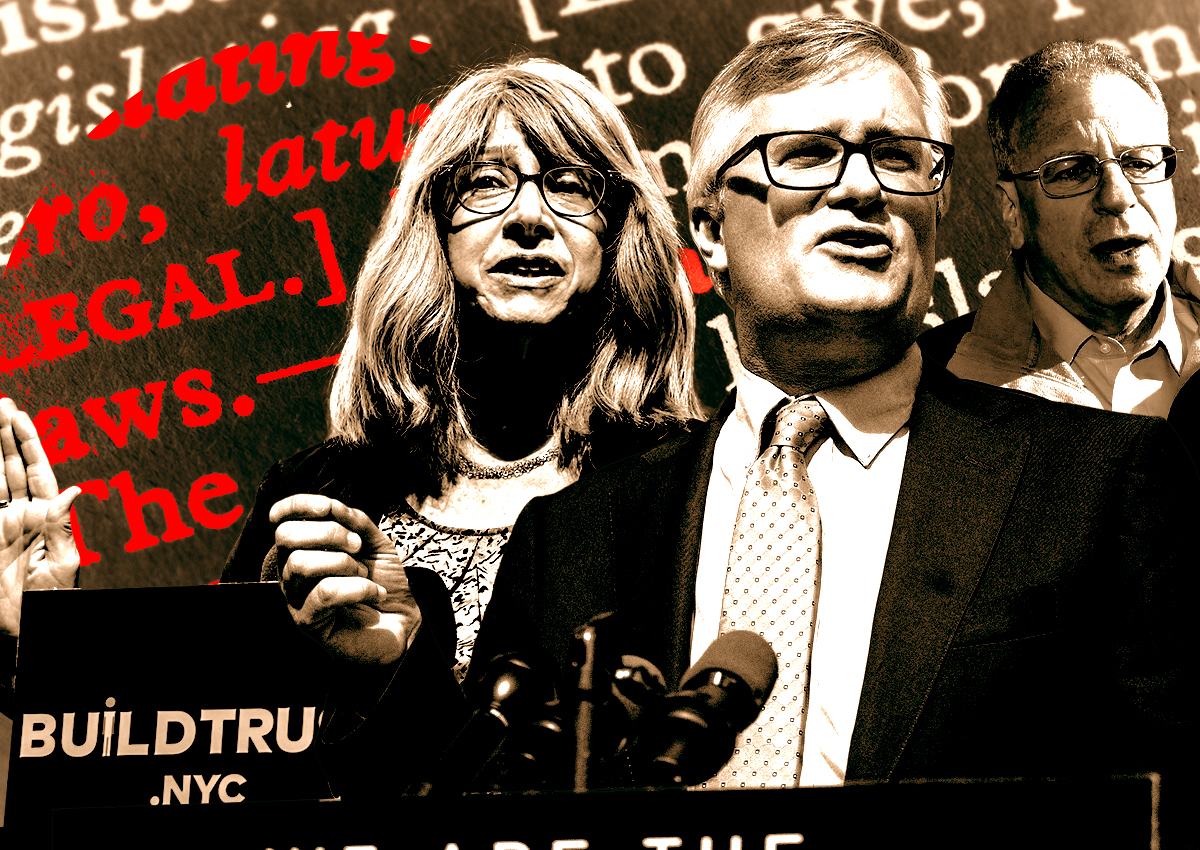Landlord Leon Goldenberg used to hold onto paper records for 10 years before discarding them. Filing cabinets have their limits, after all.
Now his company, Goldmont Realty, which owns and manages more than 2,500 units, scans his buildings’ paperwork into digital permanence. “It’s in the cloud somewhere,” he said.
But work before paperless storage became standard is largely out of reach.
“Who has records, bills, for work they did in 2001?” Goldenberg asked.
Landlords who don’t could end up paying a hefty price.
As building owners anxiously await word on whether the governor will sign a pair of bills that could trigger large rent-overcharge judgments, some are scrambling to find old records while others are making desperate appeals to lawmakers.
“We’re starting to get our records in order and taking inventory,” said property manager Aaron Weber. “A lot of these records have not been digitized.”
One of the bills expands the definition of fraud in rent overcharge cases. Landlord groups argue the change will open the floodgates for such cases because tenants can consult rental history beyond the usual four years if they can prove fraud.
The measure also limits rents for vacant stabilized apartments that are combined and requires all landlords who deregulated buildings through substantial rehabilitations to prove they were properly converted to market-rate.
Another bill passed by the legislature allows tenants to consult rent histories beyond the four-year lookback when seeking to calculate their legal rent after June 14, 2019.
The bills have not been delivered to Gov. Kathy Hochul, whose position on them is unknown. At the end of the legislative session, bills are typically sent to the governor in batches. The fact that Hochul has not requested delivery of the rent bills could be a good sign for landlords.
Still, Sherwin Belkin’s clients are preparing for the worst. The real estate attorney is advising landlords to collect whatever renovation and rent history they can.
“Use this time now to get your evidence together,” he said. “To wait until the last minute would really put yourself in jeopardy.”
Some landlords are trying to finish combining vacant apartments before the bill prevents them from resetting those rents or the state issues a rule to that effect. Such a rule was proposed last year but ultimately not put in place.
The Real Estate Board of New York, the Rent Stabilization Association and the Community Housing Improvement Program have lobbied lawmakers on the measure. Goldenberg, a registered lobbyist, has also gone to Albany to make his case. He has not had much luck.
“There’s a statute of limitations for everything except murder, rape, and being a landlord,” he said.
Read more



